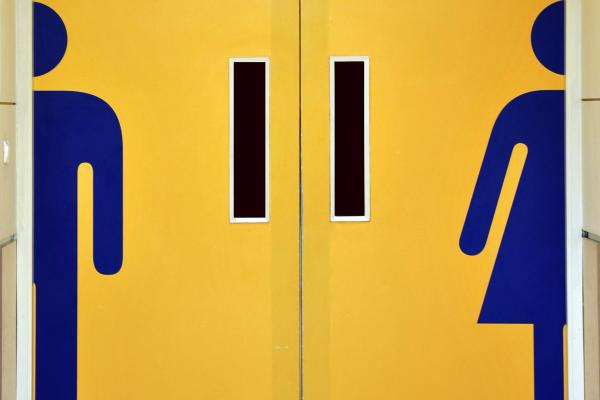Apr 22, 2016
His question about God’s love for him caught me by surprise. We never talked about religion. I was, admittedly, the “churchy” one in my group of friends — president of the Junior Usher Board and active in my church youth ministry. Yet even at the age of 17, devoid of theological training, I understood the core inquiry at the root of the question: Could this Christian God that I proclaimed loved us all so much accept Aaron even when so many of this God’s “followers” did not?
Read the Full Article

Already a subscriber? Login
